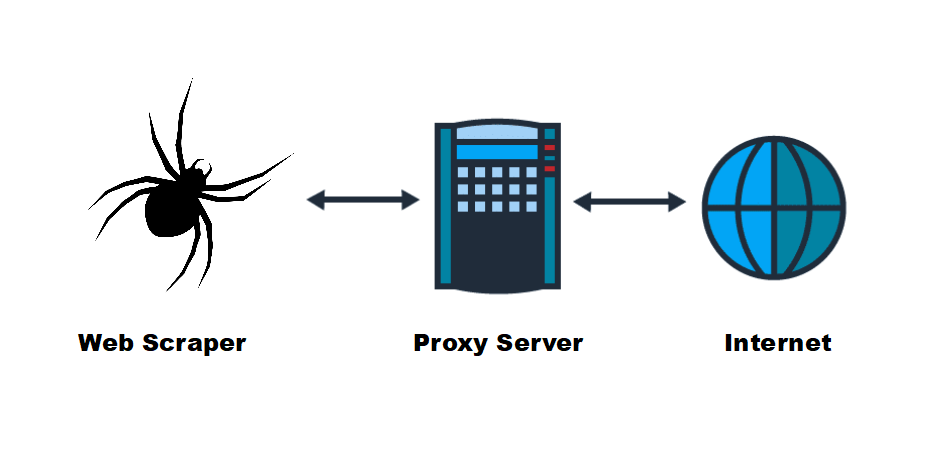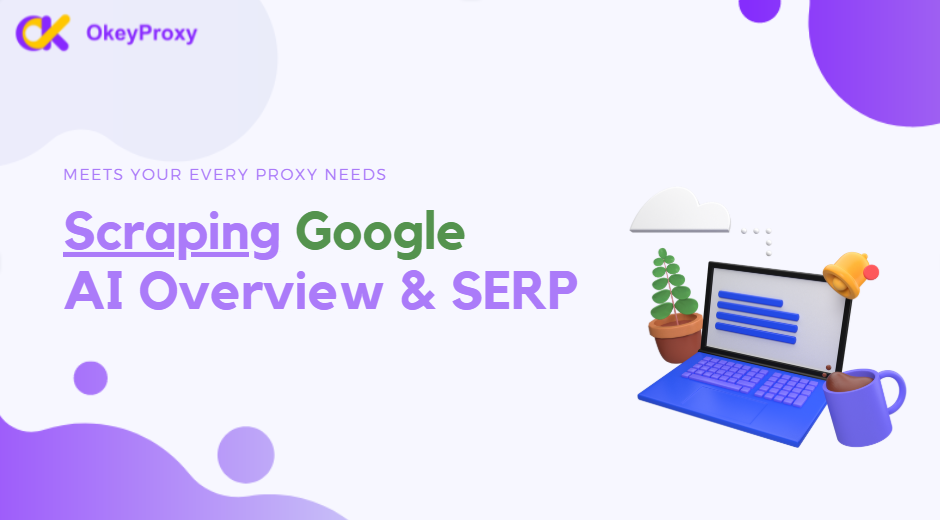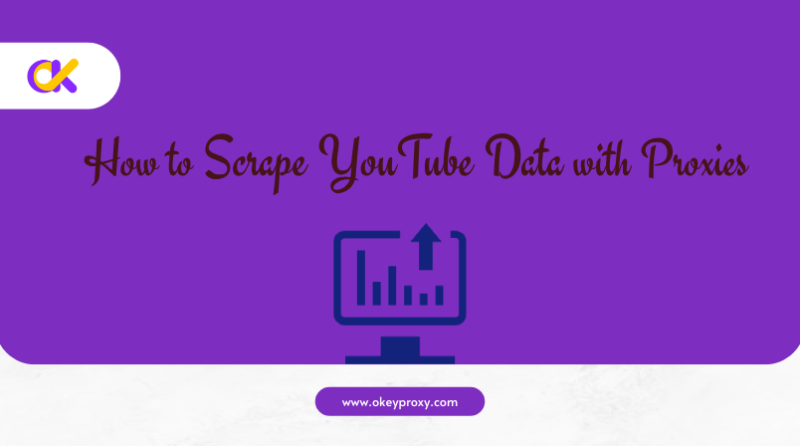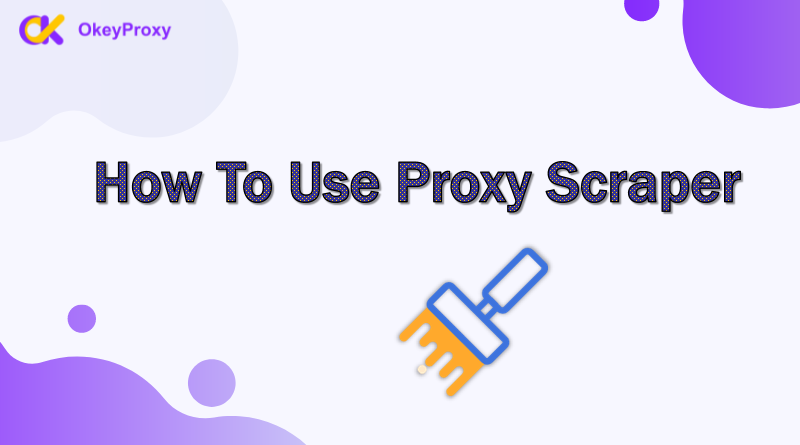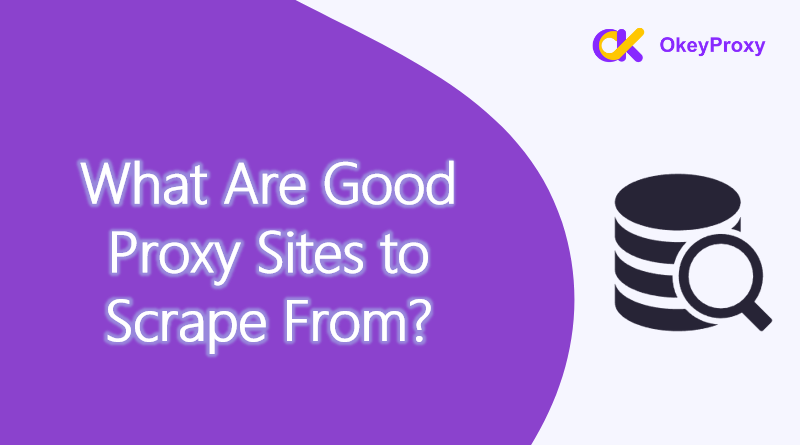Introduction
In the digital age, data is often called the new gold. Businesses, researchers, and individuals all rely on data to make informed decisions, gain insights, and stay competitive. Web scraping, the process of extracting data from websites, has become an indispensable tool in this information search process. However, web search is not without its challenges, the most prominent of which is the need for an agent. In this comprehensive guide, we’ll explore how you can leverage scraping proxies to enhance your Data Scraping efforts and give you a competitive advantage.
Learn about Proxy Scraping
Before we dive into using proxies for web scraping, let’s first clarify what a proxy is and what it does. A proxy acts as an intermediary between your computer and the web server you are trying to access. When you use a proxy to request data from a website, the proxy server makes the request on your behalf, masking your IP address in the process. This is crucial for web searches as it allows you to remain anonymous and avoid detection.
Why use a proxy for web scraping
A. Overcome IP blocking and restrictions
Many websites employ anti-scraping measures to prevent automated data collection. They may block IP addresses that make too many requests in a short period of time, or restrict access to users in specific regions. By using a proxy server, you rotate through a pool of IP addresses, making it difficult for websites to detect and block your search activity.
B. Ensure anonymity and privacy
Scraping multiple web pages or websites without a proxy may result in your IP address being banned. Not only does this disrupt your data collection, it also compromises your privacy. Proxies provide additional anonymity, ensuring that your real IP address is hidden when scraping data from the web.
Type of scraping proxies
There are several types of proxy servers to choose from, each with its own advantages and uses:
A. Residential Proxy
A residential proxy is an IP address assigned to a real residential area. Since they look like legitimate user connections, they are highly trusted by websites. Resident proxies are ideal when you need to access data from a website with strict security measures.
B. Datacenter Proxy
A data center proxy is an IP address hosted in a data center. Data center proxies are faster and more cost-effective than residential proxies, but may not be as trusted by websites. Data Center Agent is suitable for tasks that require speed and efficiency.
C.SOCKS proxy server
SOCKS proxy servers are versatile and can handle all types of internet traffic, making them a popular choice for web searches. They combine security and performance benefits, making them a comprehensive choice for data collection.
D. Rotating Proxy
Rotating proxies constantly change IP addresses, making it difficult for websites to identify and block search activity. They are a popular choice for large-scale search operations.
Choose the right scraping proxies provider
Choosing the right proxy provider is critical to the success of your web search efforts. Consider factors like reliability, speed, location coverage, and price when choosing a provider. Some commonly used proxy providers include Luminati, Oxylabs, and Smartproxy.
Set up and configure a Scraping Proxies
Configuring a proxy for web scraping requires adjusting the scraping tool’s settings so that requests are routed through the proxy server. Additionally, you may need to handle authentication and implement a proxy rotation strategy to avoid detection.
Best practices for using Scraping Proxy
Web Scraping is not a panacea, and using a proxy server effectively requires adhering to best practices. Consider using rate limiting and throttling, monitoring and logging, and robust error handling to ensure smooth search operations.
Troubleshoot common proxy issues
Despite your best efforts, you may encounter issues such as IP blocking and CAPTCHAs when scraping the web. Learning how to troubleshoot these common agent-related issues is critical to maintaining a seamless data collection process.
Case Study
Real-life examples of successful web scraping using proxies can provide you with valuable insights into how to apply proxies to various situations. These case studies illustrate the practical benefits of incorporating agents into your data collection workflow.
Conclusion
In summary, web search is a powerful data collection tool, and agents are the key to unlocking its full potential. By using a proxy, you can overcome IP blocking, ensure anonymity, and collect data more efficiently. With the right agency provider and best practices in place, you can enhance your data collection efforts and gain a competitive advantage in today’s data-driven world.

